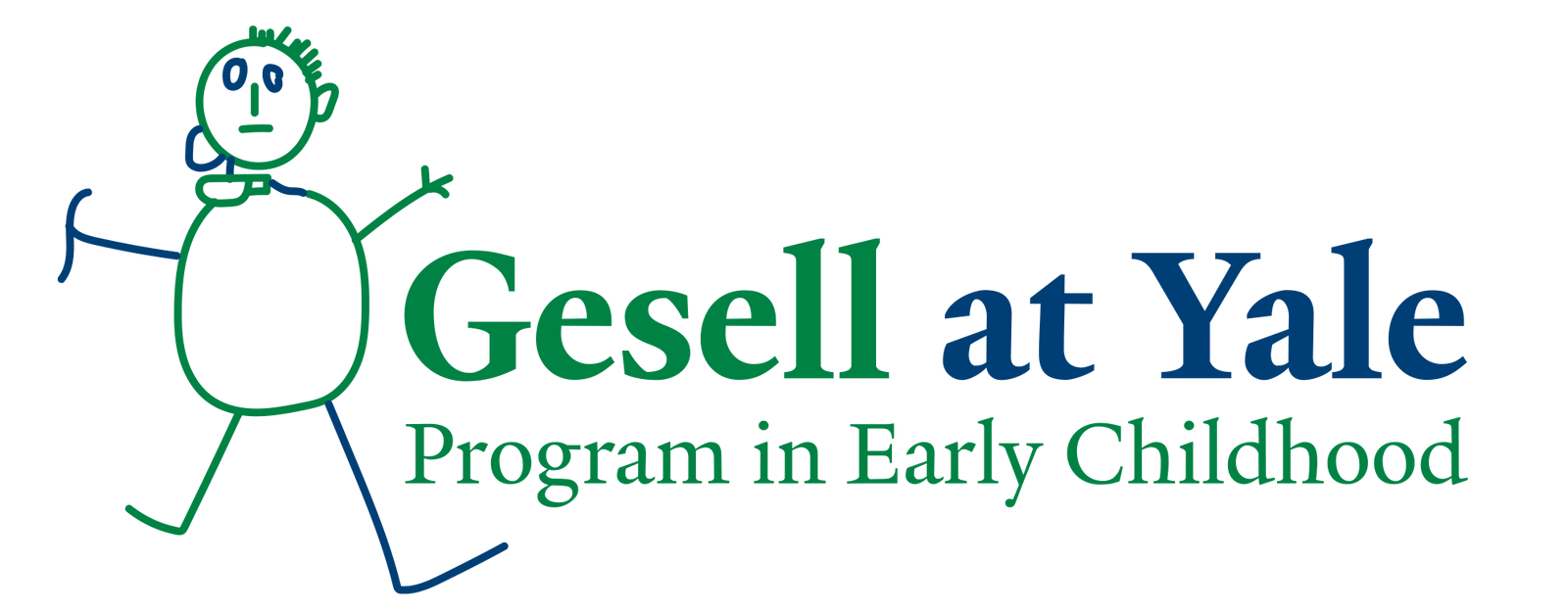Gesell Statement of Purpose
Our Mission
Our mission is to promote the principles of child development as the basis for all decision making for young children.
Our Vision
Our vision is that all children enjoy their childhood, and that they have the time and opportunity to grow and to learn at their own pace and in their own way.
We Believe
• Play grow brains best.
• Children grow along the same path, at their own unique pace.
• Informed parents support their children’s growth.
• Measuring growth is the most meaningful way to measure learning.
• Quality early education grows our economy.
Our Process
Gesell Program in Early Childhood provides professional development trainings, programs, publications, and research to help parents, educators, leaders, psychologists, social workers, and medical professionals:
- Know Yourself
- Know Kids
- Know Your Kids
Know Yourself
- Engage in a self-evaluation process.
- Develop an individualized professional development plan.
- Acknowledge and counter implicit bias.
- Commit to a pedagogy of presence. Practice staying available to new information and responding, not reacting.
- Manage difficult situations with contemplative practices, like mindfulness.
Know Kids.
- Know and recognize the major developmental milestones of childhood; the ages and stages of child development.
- Understand and implement developmentally appropriate practice that reflects children’s need to play and move.
- Modify practice in response to current theory and research on child growth and development, such as brain growth, trauma and social and emotional learning theories.
- Understand that development is influenced by external influences such as adverse childhood experiences (ACES), biology, individual characteristics, family, community, and culture.
Know Your Kids.
- Understand the types and purposes of screening and assessment.
- Know how to select appropriate assessments to address specific learning goals, individual differences, and minimize sources of bias.
- Use assessments and screening to identify what children know, their special needs and appropriate placement.
- Select appropriate curricula to meet children’s individual needs.
- Refer children and, as appropriate, their families for additional services.
